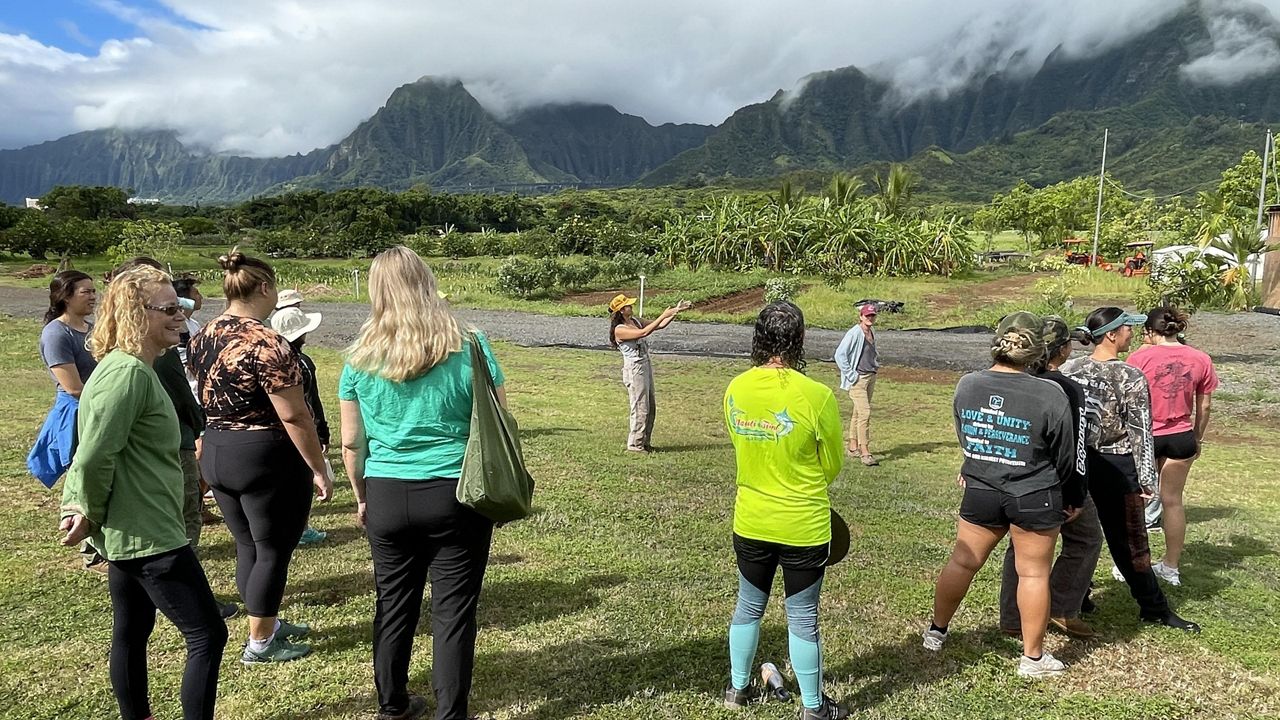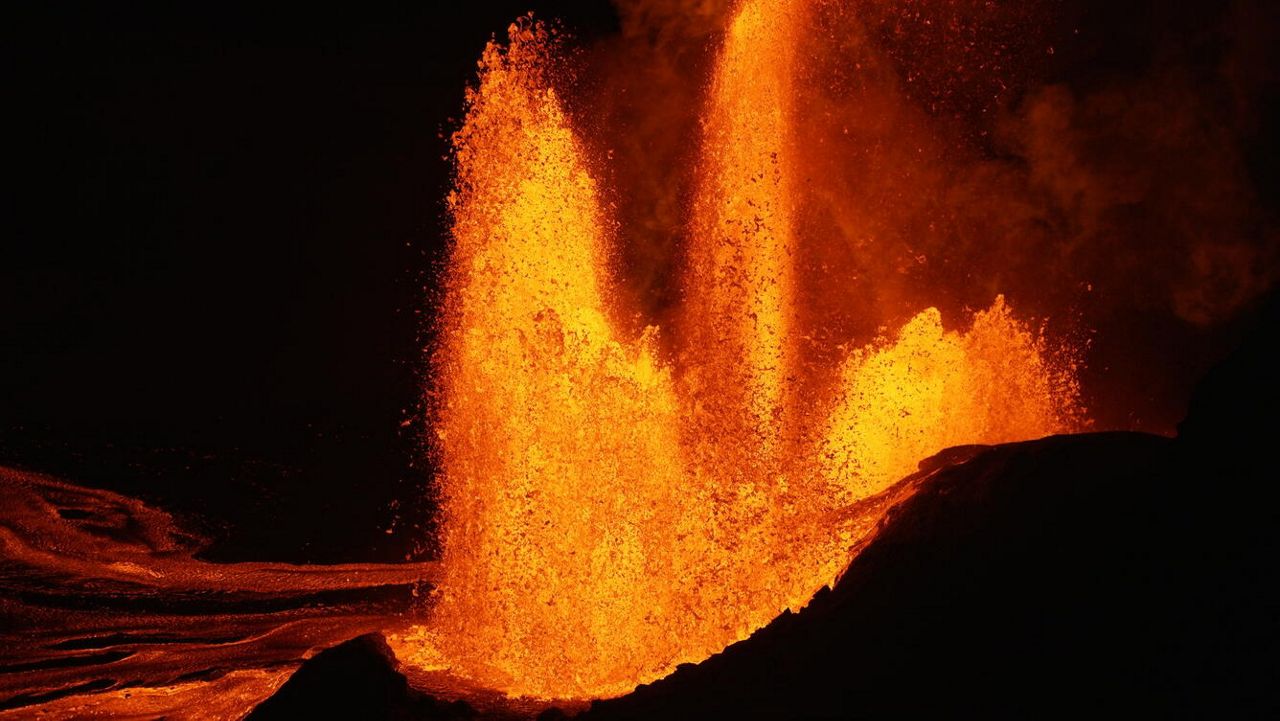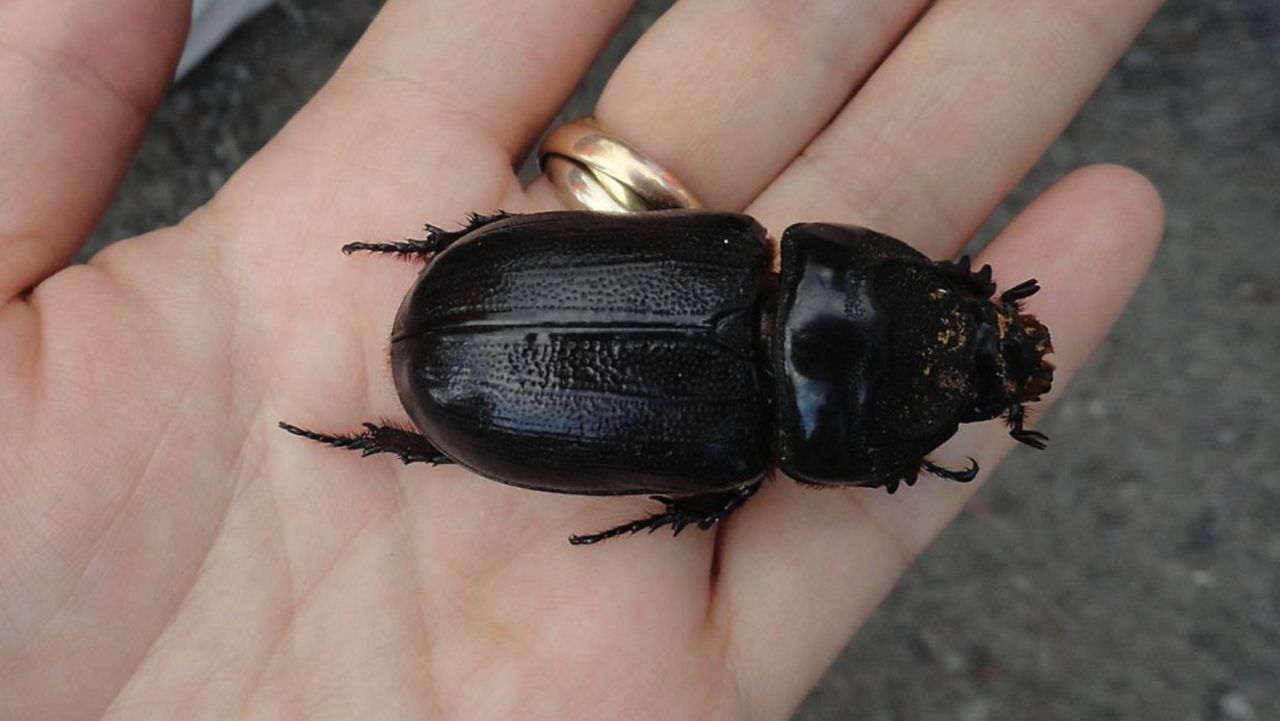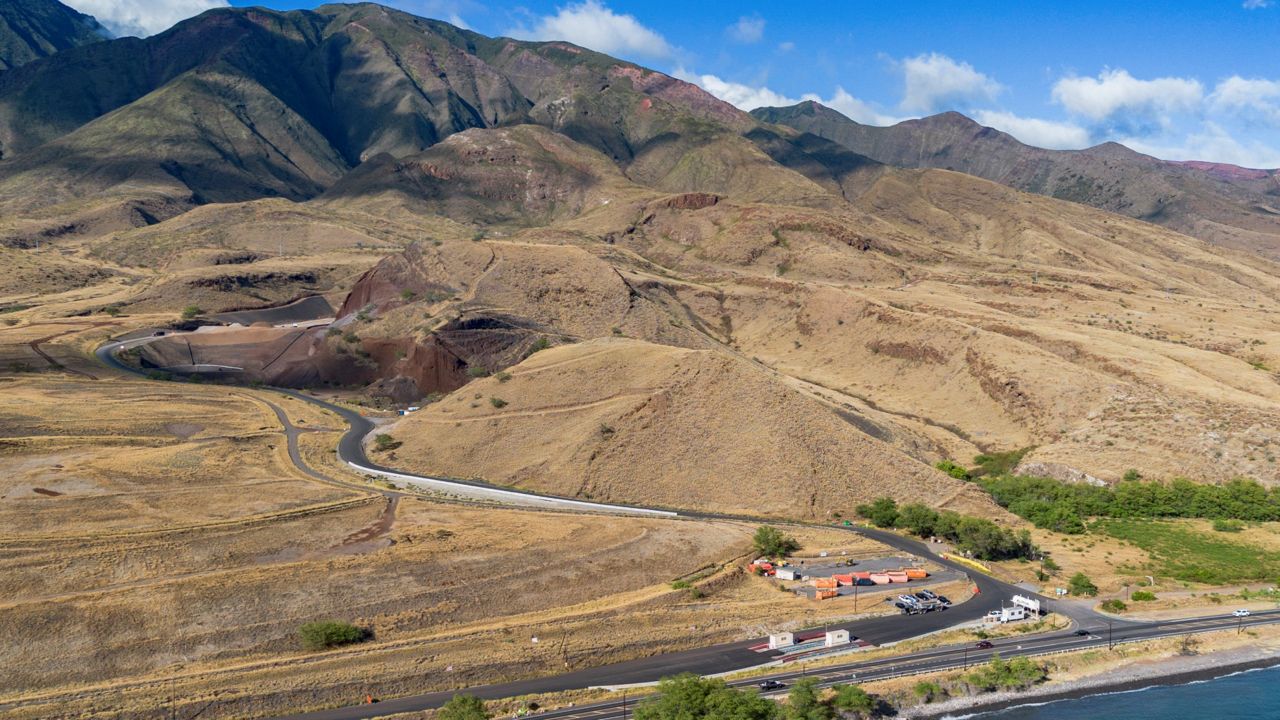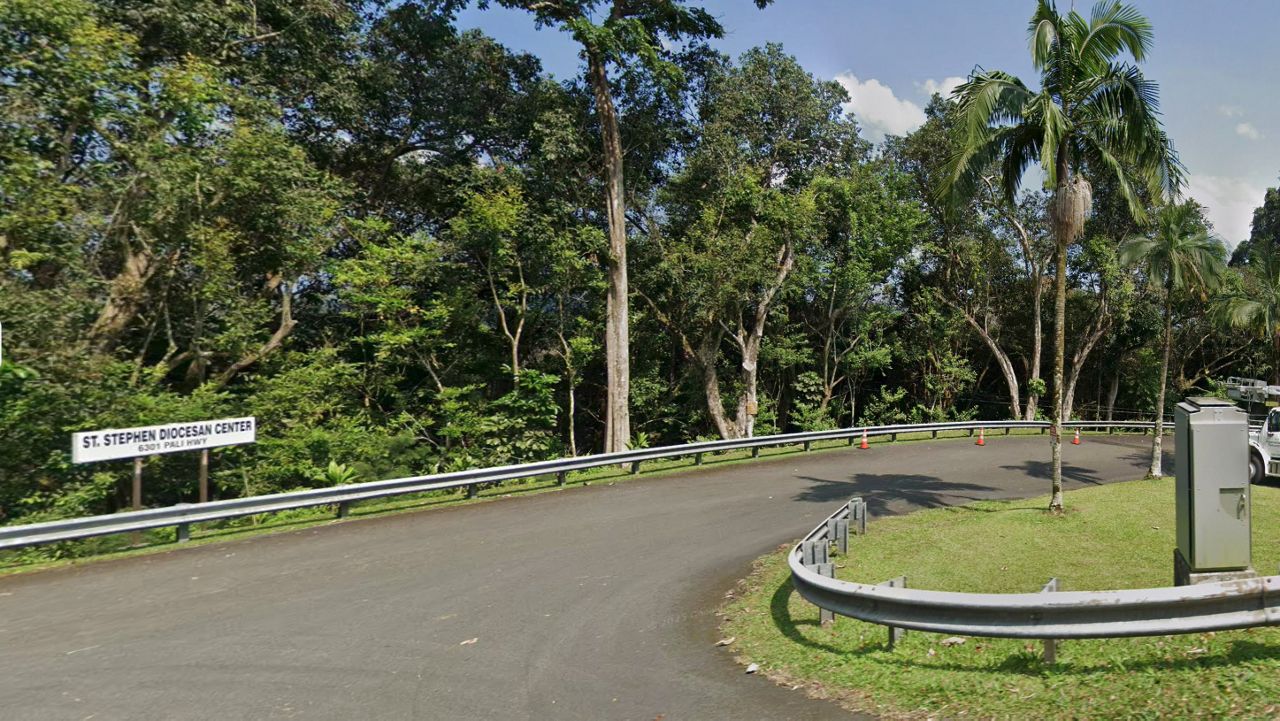KANEOHE, Hawaii — Over the past five years, organizers and volunteers have worked to transform the ridge above Heeia in Windward Oahu into what it would have been like 200 years ago, according to a University of Hawaii news release.
The work was completed by a team from the University of Hawaii at Manoa, nonprofit Kākoʻo ʻŌiwi, the Heeia National Estuarine Research Reserve, and thousands of volunteers.
Two hundred years ago, Puulani ridge, which sits above the taro patches at Kākoʻo ʻŌiwi in Heeia, would have been a native forest and Indigenous agroforest, where crops are intentionally integrated with trees and shrubs. Agroforests provide many benefits, including food production, erosion control, carbon storage, and biodiversity.
After Captain James Cook came to Hawaii, the area was used for cattle grazing and when that ended, invasive species, like java plum, fiddlewood and octopus trees, took over. Starting in 2018, organizers and volunteers cleared the non-native trees in order to transform the area back into an agroforest, where materials for lei and food could be harvested. The following year, more than 2,000 plants were planted. Twenty-five different species were selected, which included lei plants, plants used in traditional Hawaiian medicine, and ceremonial plants.
The area also includes experimental plots, where UH graduate students track how the restoration works influences plant diversity and abundance, soil health, carbon storage, and connection to place.
The restoration area still needs to be maintained regularly. Volunteer days will take place once a month. The next volunteer day will be held on Aug. 19 from 9 a.m. to noon.
“The reason why volunteers are important in this work is, of course, there is a restoration component — we’re growing plants, we’re growing food plants, native plants, plants that have medicinal benefits, plants that have cultural benefits. But I think the more important benefit is the benefit to people and that’s why I come back is because it’s an opportunity to build connection to place, it’s an opportunity to grow friendships. It’s good for our health, it’s good for our minds and good for our spirits,” said Maya Walton, UH Sea Grant College Program assistant director for research and fellowships.




